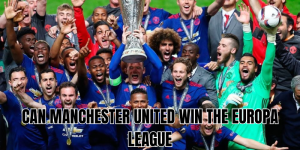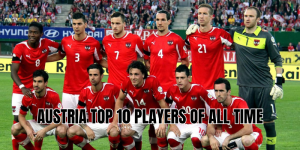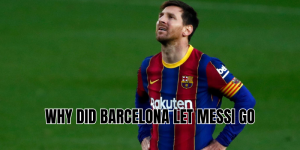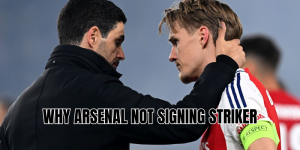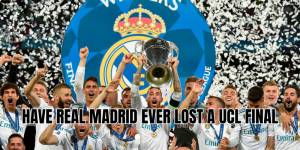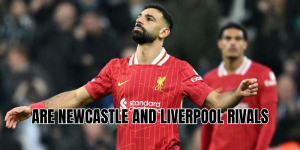How did Real Madrid help Manchester United? When the Busby Babes were devastated by the Munich Air Disaster in 1958, Real Madrid and its president Santiago Bernabéu played a crucial role in Manchester United’s recovery—both emotionally and materially. In this article, FreeKickSEO will accompany you to explore precisely what Real Madrid did, why it mattered, and how it shaped United’s journey back to glory.
What happened at Munich and why United needed help
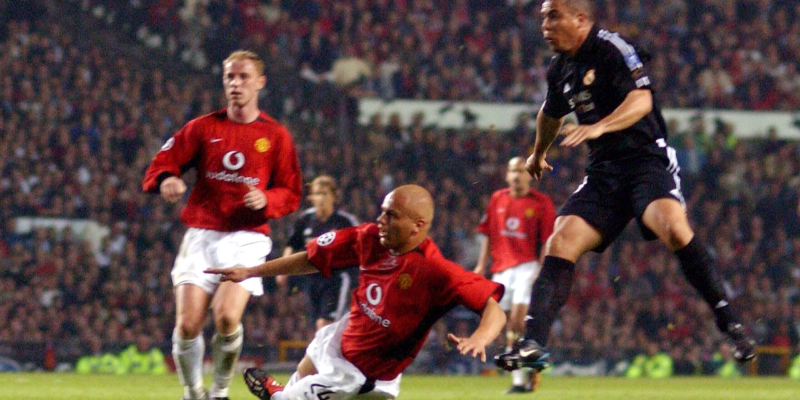
On 6 February 1958, British European Airways Flight 609 crashed in Munich, West Germany. The crash killed eight Manchester United players, three club staff, and others; several more were severely injured. United’s squad—known as the Busby Babes—was all but destroyed, not only in terms of human loss, but also in morale, finances, and European stature.
The magnitude of the loss meant Manchester United faced steep challenges:
- Losing talented young players who were the future backbone.
- Financial strain: match revenues dropped, costs rose (medical care, flights, etc.), and insurance coverage was inadequate.
- A crisis in club identity and confidence: rebuilding both squad and reputation was no small task.
It was into this breach that Real Madrid—and especially its president Santiago Bernabéu—stepped forward in unexpected, meaningful ways.
Real Madrid’s acts of solidarity and support
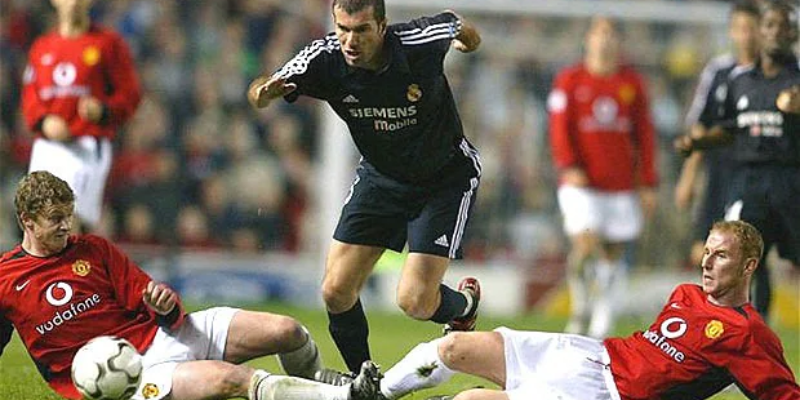
Here are the main ways Real Madrid helped Manchester United during that dark period:
1. Fundraising friendlies and charitable gestures
Real Madrid arranged friendly matches with Manchester United to help raise money for the club and for the families of those who died or were injured. These matches did more than bring financial relief—they also kept United in the public eye and reminded supporters that they were not abandoned.
Madrid also helped by producing memorial pennants (banners) with the names of those who died, sold in Spain, with proceeds going to United and to bereaved families.
2. Offering financial and moral support
Bernabéu dedicated Real Madrid’s 1958 European Cup win to the memory of United’s lost players. It was a symbolic, but powerful act of respect.
He also offered to loan Alfredo Di Stéfano, one of Real Madrid’s greatest players, to Manchester United for the 1958-59 season, with Real covering half his wages and United the rest. This offer was ultimately blocked by the English Football Association, arguing that such a foreign signing would displace a British player.
3. Personal care for survivors and grieving families
Beyond finances and symbolic gestures, there was very human kindness:
- Real Madrid offered free holidays in Spain to survivors and families of the victims, allowing them time to rest and heal.
- They opened up their facilities for recuperation—offering medical or rest facilities to those injured.
These gestures helped United rebuild not just their squad, but their spirit. It demonstrated that football went beyond rivalry, that compassion survived competition.
Why Real Madrid’s help mattered for United’s longer-term recovery
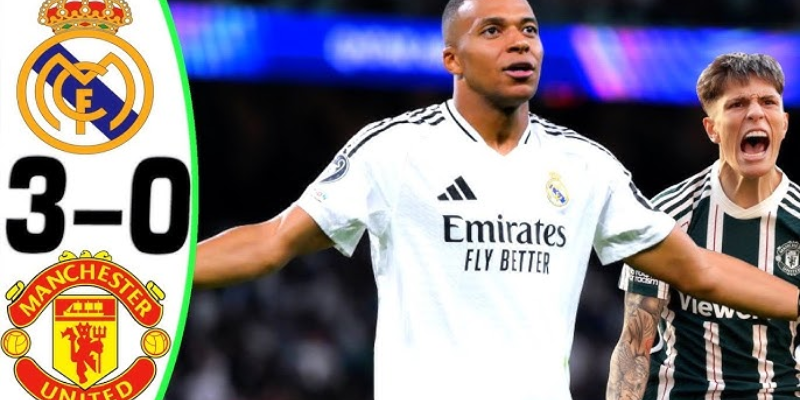
The immediate support was critical, but the deeper significance of Madrid’s help had lasting effects. Here’s how:
- Stabilising United’s finances: The income.
- Keeping morale and ambition alive: Having opposition of Real Madrid—one of Europe’s best teams—offer help and treat United with respect helped preserve Manchester United’s identity and ambitious spirit. It reinforced the belief that they could still compete at high level.
- Inspiring performance and rebuilding the squad: Over the next years, United promoted survivors and youth players, added transfers, and gradually rebuilt a competitive team. Eventually, this process culminated in United winning the European Cup in 1968—just ten years later.
- Creating lasting bonds and mutual respect: The friendship between Santiago Bernabéu and Matt Busby, and the respect between the two clubs, became part of football lore. These connections helped create a narrative of solidarity that lasted for decades.
What did not happen: offers that fell through
It’s important to recognize that not all of Real Madrid’s offers came to fruition. These include:
- The loan of Alfredo Di Stéfano: Although offered, it was blocked by the English Football Association.
- The proposal that United be awarded the European Cup trophy in 1958 in recognition of the disaster. Real Madrid suggested this symbolic gesture; however, United declined the offer.
These missed opportunities didn’t negate the positive impact of what was achieved.
Legacy of the relationship between United and Real Madrid
The way Real Madrid helped Manchester United after Munich formed a foundation for one of football’s most unique friendships. Some of the lasting effects:
- Even when rivalry heated up—because, with time, both clubs often competed for the same trophies—they always had this history of respect and compassion beneath the surface.
- It shaped the character of Manchester United under Busby: to rebuild, to promote youth, to strive for European glory—goals they achieved in 1968. That path was influenced by the knowledge that the football world cared.
- It elevated Santiago Bernabéu in the eyes of many not just as a great president who built trophies, but as a figure of moral leadership in football. Likewise, Matt Busby’s resilience became legendary.
How did Real Madrid help Manchester United in short
Here’s a quick summary of how Real Madrid helped Manchester United:
- Arranged fundraising friendlies post-Munich to generate revenue.
- Created and sold memorial items to raise funds.
- Offered to loan star player Alfredo Di Stéfano (blocked by FA).
- Dedicated Madrid’s European success to Manchester United’s lost players.
- Offered free care, facilities, holidays to survivors and bereaved families.
- Maintained respect and rivalry tempered by compassion, which reinforced United’s identity and hope.
Conclusion
How did Real Madrid help Manchester United? They didn’t just send a cheque or wave a flag. They offered friendship, solidarity, and genuine gestures—on the pitch, off it, and in the hearts of United fans. Their actions in 1958 and afterwards weren’t enough to erase the horror of Munich, but they helped Manchester United survive, rebuild, and eventually rise again.
If you want to dive dee, Bernabéu’s biography, or the road to United’s European Cup win in 1968, FreeKickSEO has more. Like, share, or explore our articles on football history to stay connected with the moments that shape the beautiful game.

